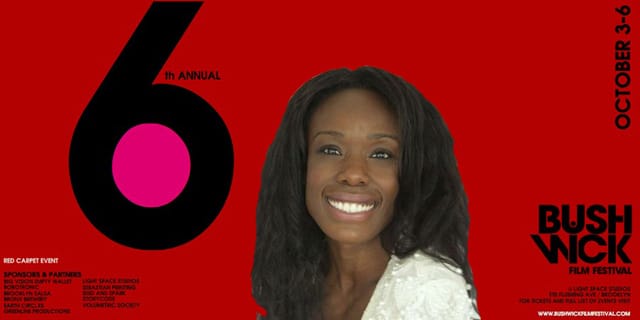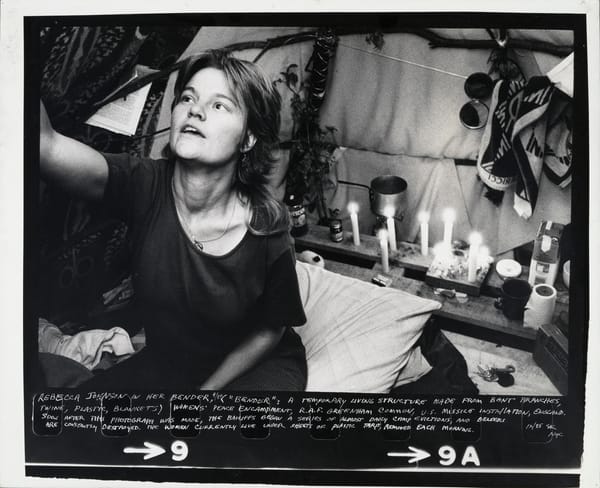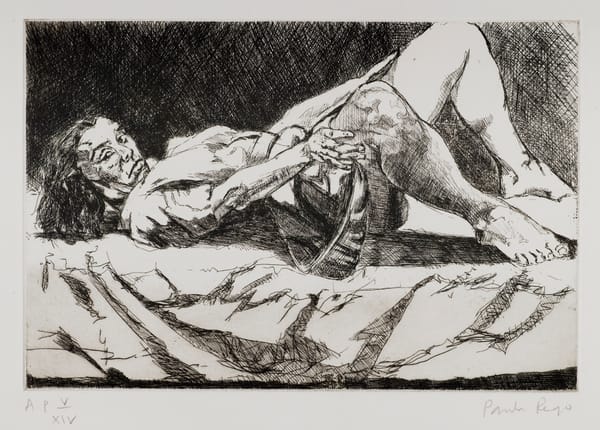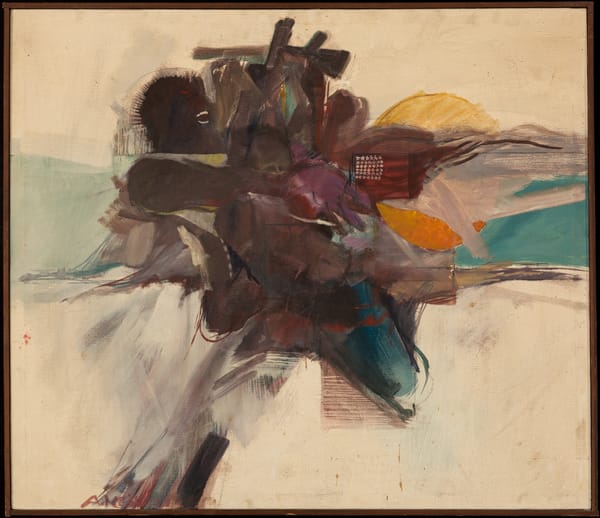Why the Bushwick Film Festival Is Different
It's hard to believe that the Bushwick Film Festival is six years old, but co-founder Kweighbaye Kotee explains that it has slowly grown to a festival that will be screening 4 feature films and 10 short films, hosting 4 panels, an art show, a live-taping for a television show, and an award ceremony

It’s hard to believe that the Bushwick Film Festival is six years old, but co-founder Kweighbaye Kotee, who is also the current CEO and director of programming for the grassroots festival, explains that it has slowly transformed from a personal dream to a film festival that will be screening 4 feature films and 10 short films, hosting 4 panels, an art show, a live-taping for a television show, and an award ceremony all over the course of four days.
“The idea came when I moved to Bushwick, seven years ago. I had just graduated from college and I was really interested in the filmmaking process,” Kotee says. “When I moved in, I felt the vibrant culture that combined the artist community and the local Latin American community. It felt like there was a lot of opportunity. I found it a great place to start the festival.”
Kotee says that her own experience attending the Tribeca Film Festival years ago really opened her eyes in terms of what a celebration of film outside of the conventional theater circuit could be, and how she could create a platform for her local community.
“We were really naive about what it would take to start a film festival and if I had known I would’ve opted out of it, but it has been an incredible experience to watch it grow organically over the years,” she says.
From the first year, which began as informal screenings on rooftops and other unconventional spaces, the festival has evolved into a professional showcase for film lovers of all kinds. What is an amazing part of the journey, Kotee says, is that the local filmmaking community has grown up and developed parallel to the festival.
“The films we got the first year may have not been as technically developed, but I’ve also seen the filmmakers grow through the years and that’s been incredible to see,” she says.
The first five years felt like the building years, Kotee says, but this year she has witnessed the Festival break through into a wider media consciousness. She is particularly impressed that 15% of all ticket sales this year have come from people outside New York.
This year’s program includes panels on the future of indie filmmaking, storytelling, women in film, and building a “better Bushwick.” The latter plans to tackle the issues of gentrification, education, economics, and health in the neighborhood.
Kotee’s vision for the Festival means that it has also worked to reach beyond the confines of the film world to embrace the larger community. “I realized what filmmaking could be in a community. I realized that there were so few African-American women were programming film festivals, and I started to question why I was doing it and what it meant,” she says.
“I realized that I would try to use film education programs in the community and work together with existing communities already here. I started reaching out to the local community board, and I attended meetings, while getting more involved to the community in any way I could. It opened my eyes what was happening in the community, and helped me to build relationship with people who lived here all of their lives.”
Using what she learned at the Tribeca Institute, Kotee worked with educators at a local middle school to build curriculums. “I discovered that the stories the children wanted to tell had to deal with divorced parents, violence, and many dysfunctional family situation,” she say. “Those were the types of stories coming out. One girl in the class says she didn’t like the image that the media was portraying of Bushwick, and this was a learning experience.”
She also attended local Bushwick community board meetings, and she often encountered people over 40 who felt like they weren’t welcomed in the “new” Bushwick anymore, so she wanted to see how the festival could help remedy that, even if it was in a small way.
“Lots of small businesses are dropping like flies, because they don’t have online presence or social media or the technical savvy,” she says. “So we decided to work with a few to work and ensure that they don’t disappear.”
The Bushwick Film Festival is working with one sponsor, Sebastian Printing, to ensure they have all they need to raise awareness for their business, including a new website, commercials, and a professional social media presence. It is this type of comprehensive outreach that makes the Bushwick Film Festival different.
Find out more about the Bushwick Film Festival at bushwickfilmfestival.com.





